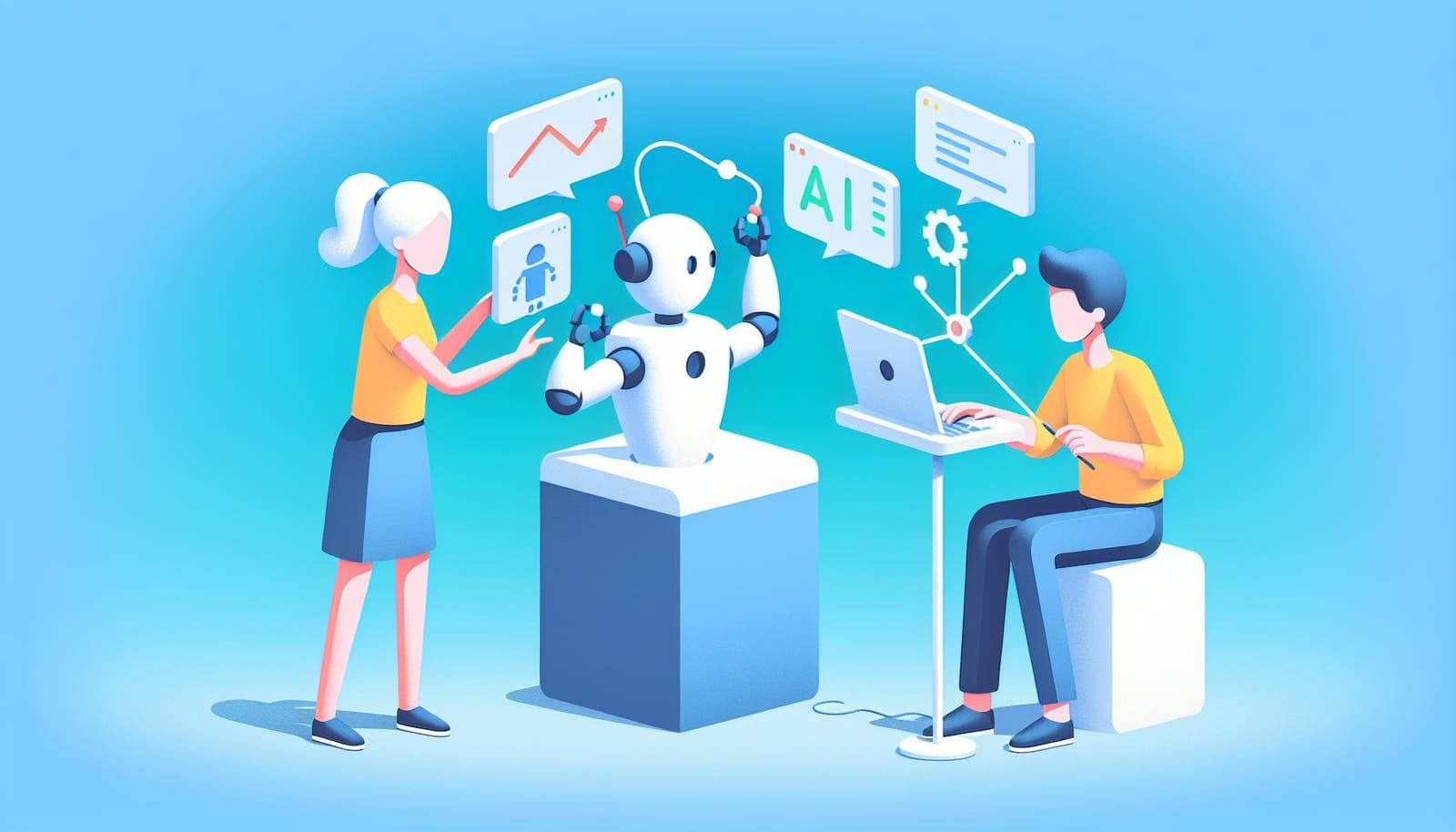Artificial Intelligence (AI) has become a part of our daily lives, from helping us find information to assisting with complex tasks. However, with great power comes great responsibility. Just because an AI tool provides information doesn’t mean it’s accurate. In this article, we’ll explore how to fact-check what AI tells you, ensuring you can benefit from its capabilities without falling prey to misinformation.
What is AI and How Does It Work?
Before diving into how to fact-check AI, let’s briefly understand what AI is. At its core, AI refers to machines or software that can perform tasks typically requiring human intelligence. This includes learning, reasoning, problem-solving, and understanding language. AI systems learn from vast amounts of data and can make predictions or provide answers based on patterns they recognize.
AI can assist with numerous tasks—like generating text, answering questions, or even designing graphics. However, it’s essential to remember that AI is not infallible. It relies on the data it has been trained on, which can sometimes be incorrect or outdated.
Why Fact-Checking Matters
With the rise of AI, the importance of fact-checking has never been more critical. Misinformation can spread quickly, leading to confusion, poor decisions, or even harmful consequences. Here are a few reasons why fact-checking AI information is essential:
- Accuracy: AI systems may provide incorrect information due to limited or biased training data.
- Bias: AI can reflect the biases present in the data it learns from, leading to skewed or unfair conclusions.
- Misinterpretation: Sometimes, AI might misinterpret your input or the context, leading it to provide irrelevant or incorrect responses.
By fact-checking what AI tells you, you’re not only ensuring that you have accurate information but also developing critical thinking skills that are valuable in today’s information-rich world.
How to Fact-Check AI Responses
Now that we understand why fact-checking is vital let’s look at some practical steps you can take to verify what AI tells you:
1. Cross-Reference Information
One of the simplest ways to fact-check AI responses is to cross-reference the information with trusted sources. If an AI tool provides you with a fact or statistic, look it up in reputable sources such as online encyclopedias, news websites, or academic journals.
For example, if an AI claims that a specific event occurred on a certain date, verify that date using reliable historical sources. This can help ensure the accuracy of the information you’re receiving.
2. Check Multiple AI Tools
Not all AI tools are created equal. Different AI systems have been trained on different datasets and may provide varied responses to the same question. If you seek information from one AI and it seems questionable, try asking another AI tool. Compare the responses and analyze the differences.
If two or more AI tools provide consistent information, it’s more likely to be accurate.
3. Look for Citations and References
Many AI tools, especially those designed for research or writing, may provide citations or references. If an AI gives you a piece of information, check if it cites its sources. Reliable responses should be backed by credible references. If you can trace the information back to a trustworthy source, it’s more likely to be accurate.
4. Use Fact-Checking Websites
There are numerous dedicated fact-checking websites that specialize in verifying claims and information. Websites like Snopes, FactCheck.org, and PolitiFact can be useful resources. If an AI presents a statement that seems questionable, search for that statement on one of these websites. They often provide detailed analyses and context, making it easier to determine the truth.
5. Understand the Limitations of AI
Recognizing the limitations of AI can help you approach its responses with a critical mindset. AI doesn’t "know" things in the same way humans do; it generates responses based on patterns in the data it has been trained on. This means that AI may sometimes provide outdated information or misinterpret your questions. Understanding this can help you maintain a healthy skepticism about the information you receive.
Keeping an Open Mind
While fact-checking is essential, it’s also important to keep an open mind. AI is a rapidly evolving technology, and it’s constantly improving. Sometimes, an AI might provide insights or perspectives you hadn’t considered. Use this as an opportunity to explore new ideas and expand your knowledge.
Embrace the potential of AI while remaining vigilant about the accuracy of its information. This balance will help you make the most of AI’s capabilities while protecting yourself from misinformation.
Engaging with AI Responsibly
As you interact with AI, remember to engage responsibly. This means not only fact-checking information but also being mindful of how you use AI in your daily life. Here are a few tips to ensure responsible engagement:
- Be Ethical: Use AI tools ethically, respecting the rights of content creators and avoiding plagiarism.
- Stay Informed: Keep up to date with advancements in AI technology and changes in ethical guidelines.
- Teach Others: Share what you learn about AI and fact-checking with friends and family, fostering an informed community.
The Future of AI and Fact-Checking
The future of AI is bright, with advancements expected to enhance its capabilities further. As AI continues to evolve, so too will our methods for fact-checking its information. New tools and technologies may emerge, making it easier to verify data and ensure its accuracy.
By becoming adept at fact-checking now, you’re preparing yourself for a future where AI plays an even more significant role in our lives. You’ll become a more informed user, capable of navigating the complexities of information in the digital age.
In conclusion, while AI can be a powerful tool for learning and creativity, it’s essential to approach its information with a critical eye. By cross-referencing, checking multiple sources, and understanding its limitations, you can ensure that you’re getting accurate information. Embrace the wonders of AI, but always remember to fact-check!


